Let’s blame Harry Potter for the epidemic of TV spin-offs and sequels
Can it be true that a seventh series of Line of Duty is coming? From Hollywood to the streamers, laziness is killing off originality.
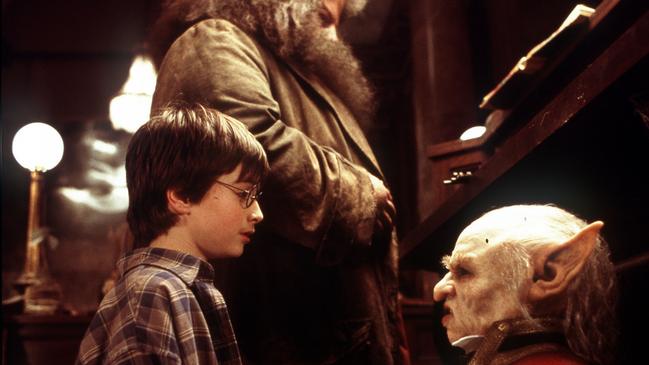
As an animal-loving friend once remarked, the only thing worse than flogging a dead horse is flogging a live one. That thought crossed my mind recently when HBO announced some of the casting for its Harry Potter television series. Do we need a Harry Potter TV series? Whatever you think of JK Rowling’s views on gender, most people will agree that her seven Harry Potter books are stonking good yarns. The trouble is that they have already spawned eight movies, three movie “prequels” (with two more planned), 14 video games, a marathon stage adaptation and (at the last count) five theme parks around the globe.
So has this particular horse been flogged to death? In one sense it’s still very much alive. Millions of children clearly still adore Harry, otherwise HBO wouldn’t be investing hundreds of millions in yet more Hogwartsian hogwash. But in another sense it’s dead as a dodo. Dozens of screenwriters will now be tasked with trying to tickle, cajole or indeed flog some flicker of life out of the exhausted old nag.
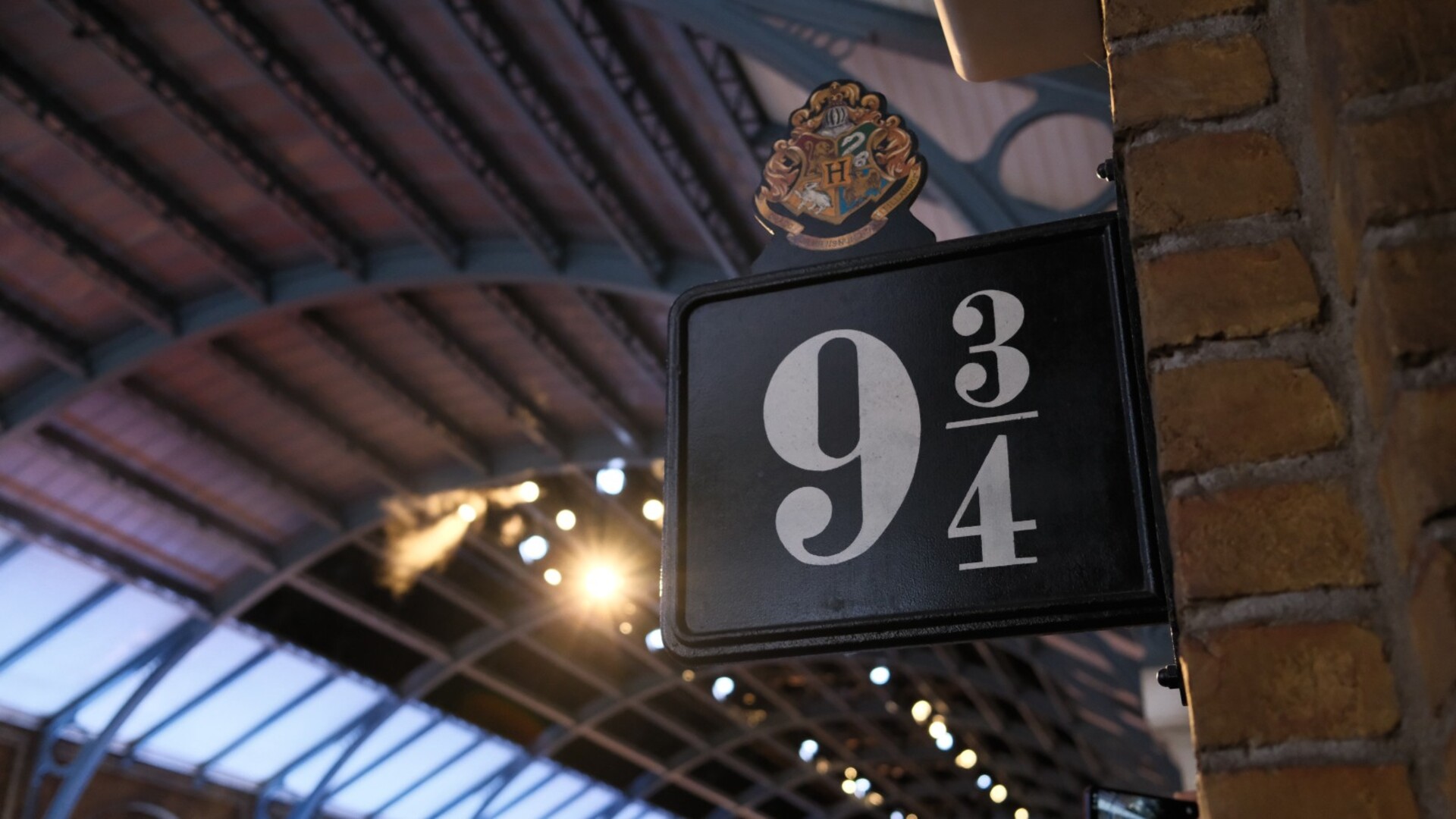
Actually, more than a flicker. We are told these new TV spin-offs are expected to run to seven series, stretched across a decade. But will they be any good?
The history of that debilitating showbiz pandemic known as sequelitis or rebootenza overwhelmingly suggests not.
Yes, we can all point to screen sequels that excelled the original. The Godfather Part II, with Robert De Niro playing the young Vito Corleone in those epic flashbacks, is undoubtedly a darker and deeper drama than The Godfather. Paddington 2 was funnier than Paddington. Star Wars was good but its successor, The Empire Strikes Back, was stunning.
Similarly, we can all recall TV dramas designed from the outset to unfold across several series, which they proceeded to do with flawless continuity and unflagging tension. Succession is one example. Another, at least in my book, is that extraordinary thriller The Americans, about two Russian spies embedded in suburban Washington during the Cold War. Three years ago, recovering from some heavy-duty surgery, I devoured all of its 75 episodes in a fortnight of sleepless nights. Its vivid acting and superbly woven plots got me through the worst health crisis of my life.
But far outnumbering such immaculately crafted long-runners are instances where movies or TV series have been stretched into franchises that become increasingly far-fetched and slackly directed. Sometimes you sense it’s because the actors have demanded a chance to show their “emotional range”, when what made the first series successful was its non-stop pace and thrills. I used to love Spooks when its main characters got killed off, usually gruesomely, almost every week, before they had time to get “interesting”. But then the writers started allowing them to indulge in marital turmoil and mental breakdowns lasting months and months, and I got bored. I can get all that at home.
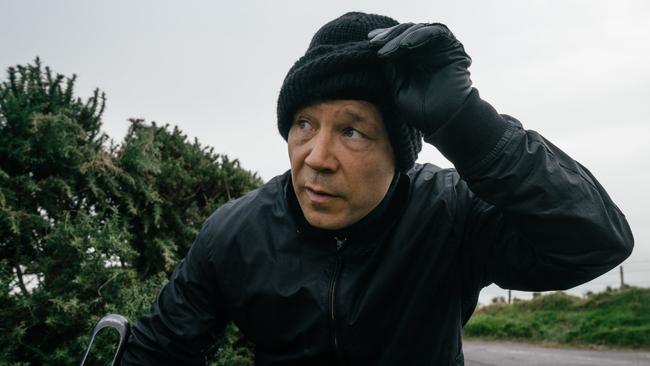
The other problem with thrillers eked out over many series is that the plotting becomes so complex that viewers who can’t remember which character shafted which in the series before last are left feeling bamboozled. I would place even the vastly hyped Line of Duty in this category. Can it be true that a seventh series is in the pipeline? Wasn’t the revelation at the end of series six – that the dreary copper from Birmingham was the dastardly evil mastermind all along – enough of a deflating anticlimax?
There are, it seems to me, two causes of sequelitis. The first is lazy thinking. It must be so much easier to bring back characters that the public already knows rather than break new ground. It probably seems less risky financially, too.
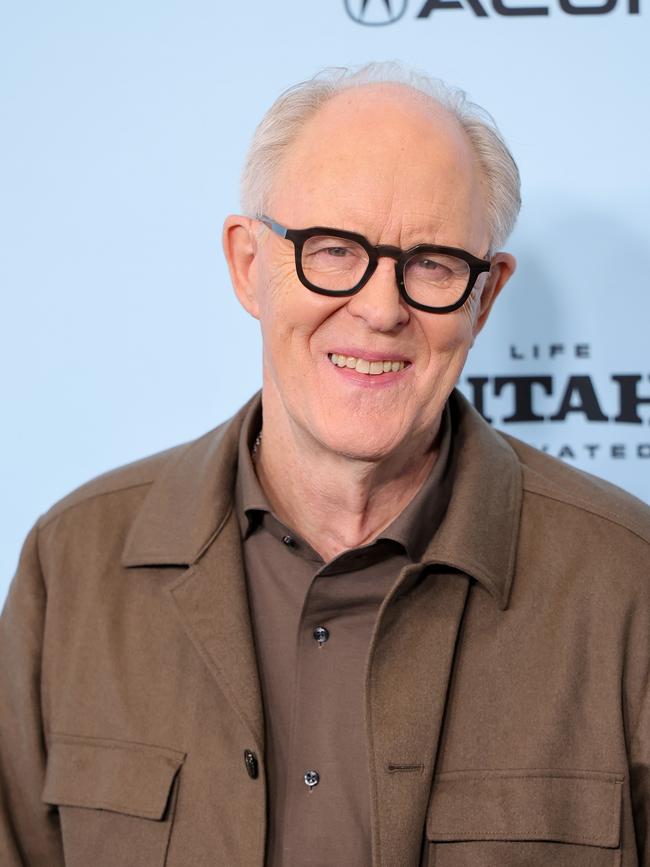
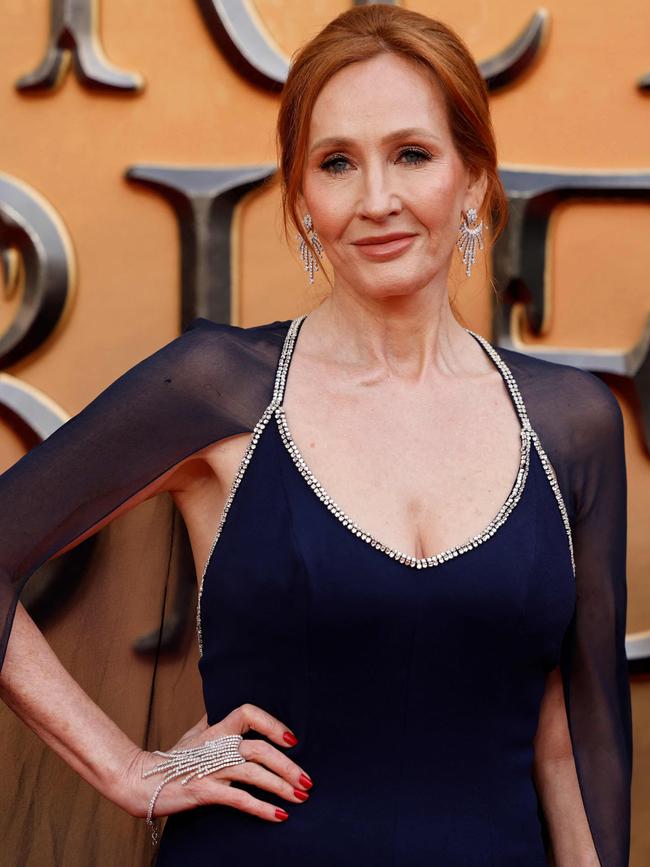
The second is the vast number of hours, on hundreds of TV and streaming channels, that now need filling each week. Between them Netflix, Warner, Disney, Paramount and all the broadcast networks have created this monster called “home entertainment” that constantly needs feeding with “new” product, while the funding to do so is diminishing as the audience fragments. So panicking executives reach for sequels, self-regurgitating TV dramas and literally endless soaps as a way of meeting the demand.
The consequences for the industry are fraught with existential dangers. Why employ expensive people to write sequels and act in them when AI bots have been designed for exactly this task of sucking up human creativity like vampires and rebooting it as “new work”? When franchises such as Harry Potter already seem as if they are churning out product and merchandise on a factory production line, will we even notice the difference if robots take over the whole show?
The Times

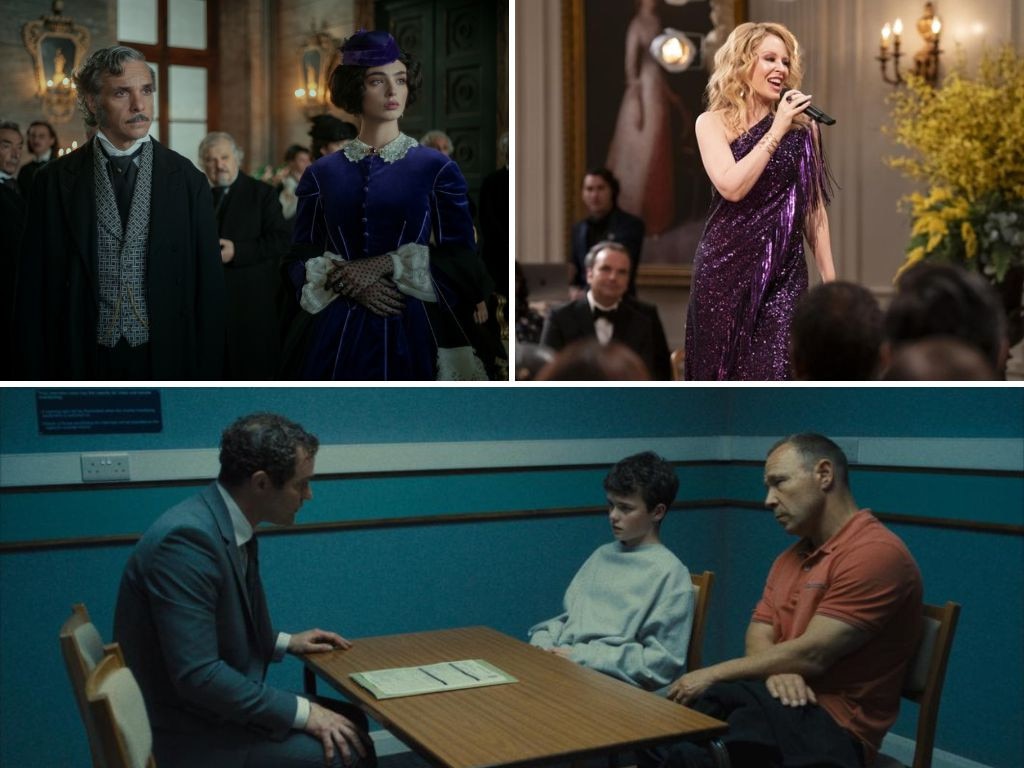
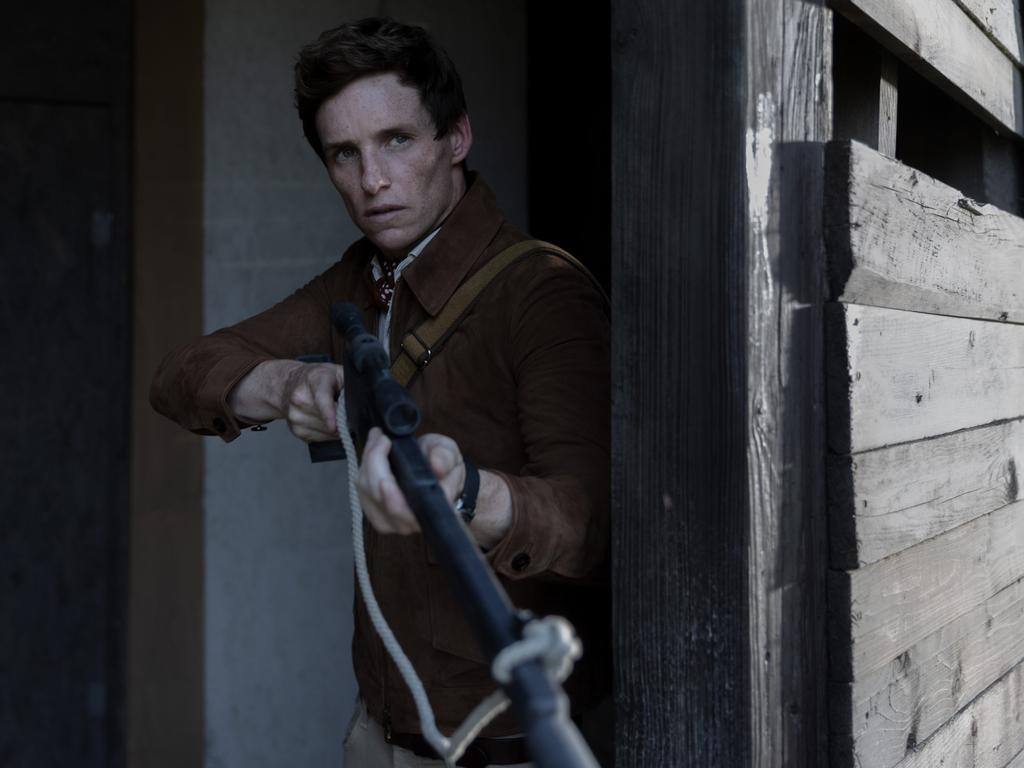
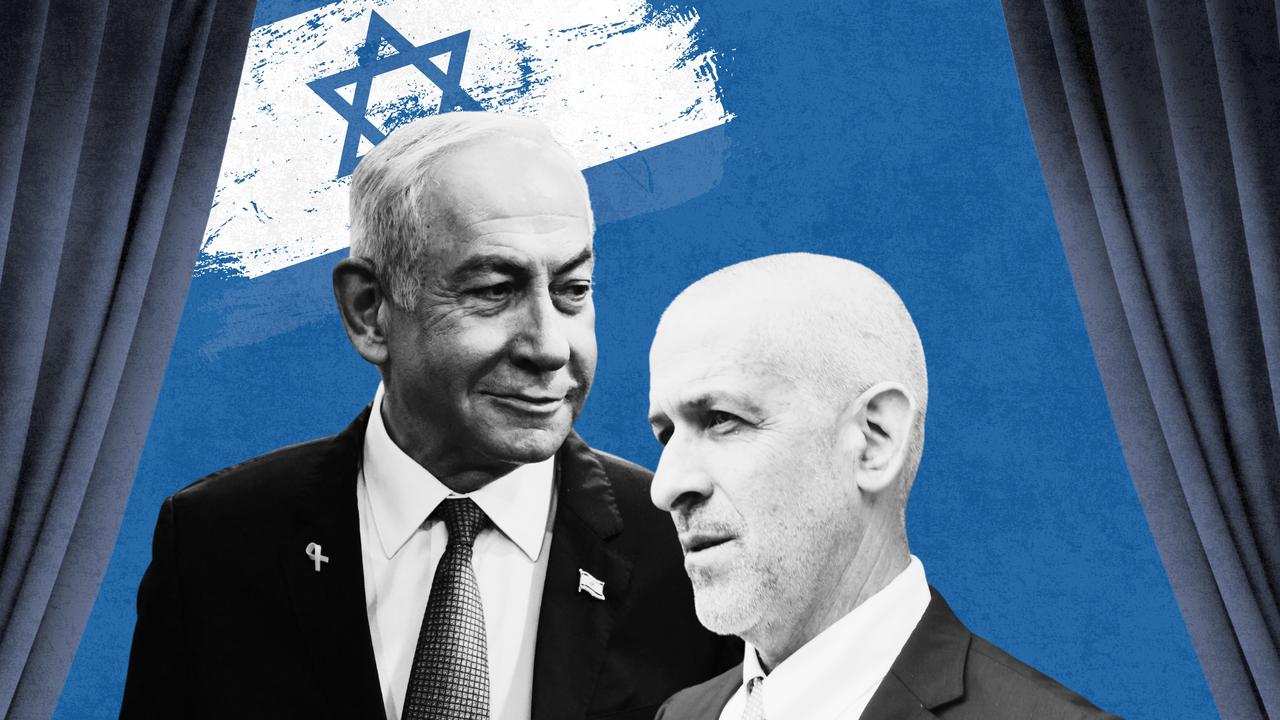
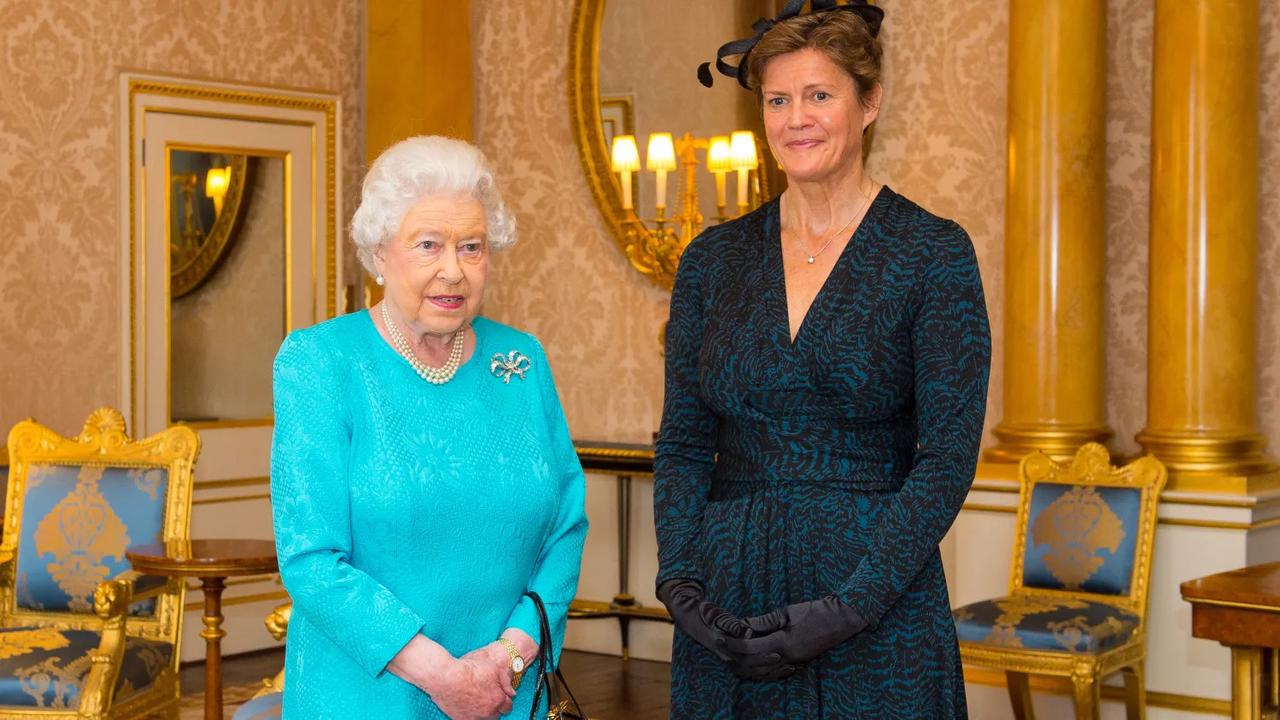
To join the conversation, please log in. Don't have an account? Register
Join the conversation, you are commenting as Logout